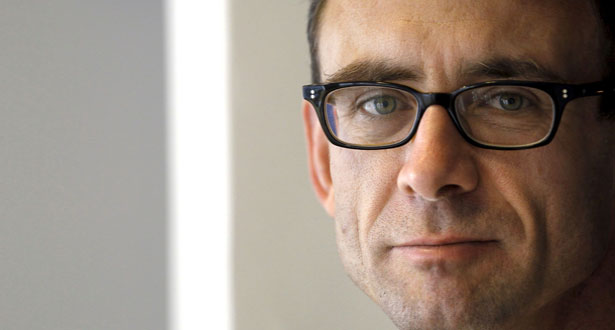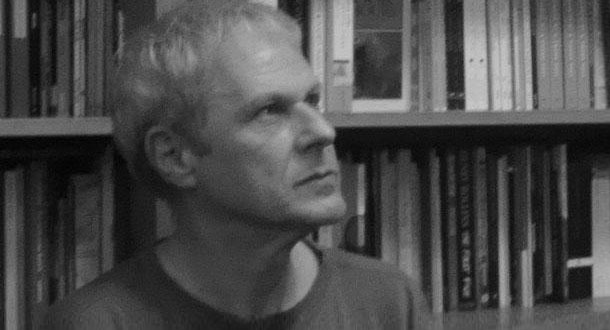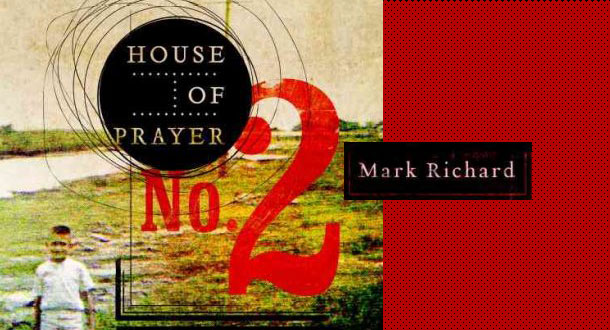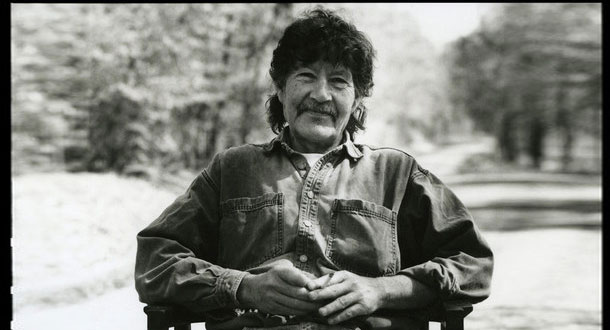You are the Director of Arcadia University’s MFA Program in Creative Writing. Are you yourself the product of an MFA program?
Yes, I am. I graduated form the University of Edinburgh program in 2003. It’s not an accident that I take my own MFA students to Scotland every year.
How did that shape you as a writer? And did it prepare you for the harsh realities of the publishing industry?
Looking at any creative writing class, MFA or otherwise, it’s important to take the long view. I was definitely a better writer at the end of my program than at the beginning, and during the program I had my first work published, but I was a much better writer 6, 7, 8 years after my program than the day I graduated. All of this stuff takes a long time to sink in, a lot of trial and error to get right, a lot more than anyone can do in the few years of a graduate program. So, there were things about my writing I was figuring out in 2010 that I could trace right back to ideas I’d been exposed to in my graduate school experience.
As for publishing, yes, I was prepared when I left, but I left at a weird time because things changed a lot in the next ten years and I’m not sure anyone saw it coming. So, more importantly than knowing how to submit, query, and prep manuscripts (though all of that is important, and in some ways hasn’t changed a ton), I knew how to keep up with the publishing world that began embracing digital books and spawning small presses and imprints. This allowed me to follow and adapt to the way it changed.
Your novel Conquistador of the Useless came out in 2013. How did you juggle writing/career writing/promotion?
Honestly, as I was prepping Conquistador, I totally dropped the ball on this balance. I focused on editing the novel, which was important, and of course I kept doing my job—but writing took a back seat far more than it should have. I produced a little flash fiction, but between reading galleys in the months before the novel came out and promoting in the months after, I produced little new material. That’s, like, a year off.
But I learned a lot, and I hope that’s helped me to keep my students from making the same mistake. That “write everyday” cliche, it’s never more true than when you don’t write every day for an extended period. And it’s hard to get back into things, back into good habits.
What I’ve learned since then is how to switch gears between editing and writing in my own mind, which is, frankly, a problem you don’t face too much until you’re working with a publisher on a deadline. I’ve also ascribed fully to the idea, which I did not originate, that editing is not writing. This helps with the switching gears thing. Editing is its own thing, and essential, but writing is producing new material, and if you can keep them separate you can do them both over the course of one cup of coffee. That’s a learned skill, one it took me a while to master, and one with which I actively help my students and alumni.
An MFA program can be a big time and financial commitment. Is it for all writers? How do you know if it is for you?
The only way an MFA program is a necessity for a writer is if that writer wants to teach at the college level. You just need a degree for that, no way around it.
However, I do think a program can benefit most writers. Let’s assume all MFA programs help everyone improve their technical skills, which I think is true and intuitive, but there are plenty of other benefits to taking one.
1) Community. I’ve had so many students want a writing community so badly, and they found it in our MFA program. That community lasted far longer than the two years of classes.
2) Habits. All the skills in the world won’t help you if you don’t have the discipline to get your butt in the chair and write. It seems easy, but we all know it’s not. An MFA program forces one to develop those habits and ought to help make sure they’re conducive to the post-graduation world and not just the ivory tower.
3) Confidence. This is in short supply among writers, for sure. But at the end of an MFA program you’ve gotten better, completed a manuscript, and have all the know-how you need to find publishing success. That’s a pretty good reason to stand up straight with your shoulders back and walk into the writing world like you’ve accomplished something, because you have.
So, if you want to get technically better, find a community, develop habits, and have enough confidence to overcome the writer’s anxiety with which we’re all afflicted, then an MFA Program is worth every cent.
What can those on the MFA fence expect from your class?
You’ll learn techniques to make your stories better, and at the end you’ll be a better writer than when you started. But, like with an MFA program, you’ll keep getting better after the class because of the class. Think of it as getting momentum, learning new things but also learning what you need to learn as you progress. Because we’re all progressing, all getting better all the time, and a class like this slingshots you into that process.
Sign up for Cornerstones of Short Story Writing here!

About the author
Joshua Chaplinsky is the Managing Editor of LitReactor. He is the author of The Paradox Twins (CLASH Books), the story collection Whispers in the Ear of A Dreaming Ape, and the parody Kanye West—Reanimator. His short fiction has been published by Vice, Vol. 1 Brooklyn, Thuglit, Severed Press, Perpetual Motion Machine Publishing, Broken River Books, and more. Follow him on Twitter and Instagram at @jaceycockrobin. More info at joshuachaplinsky.com and unravelingtheparadox.com.

.jpg)




